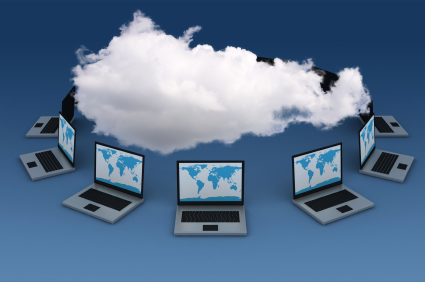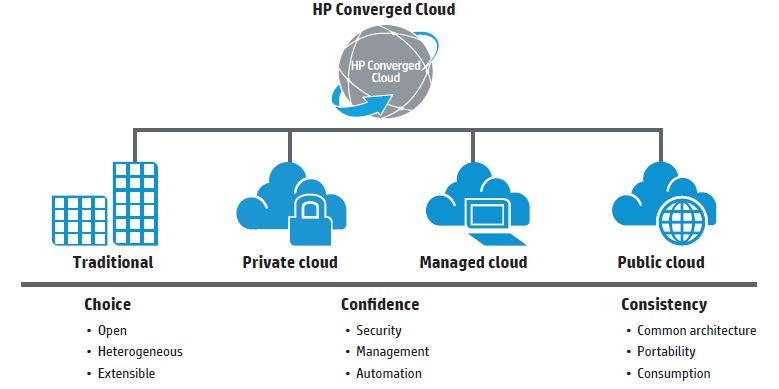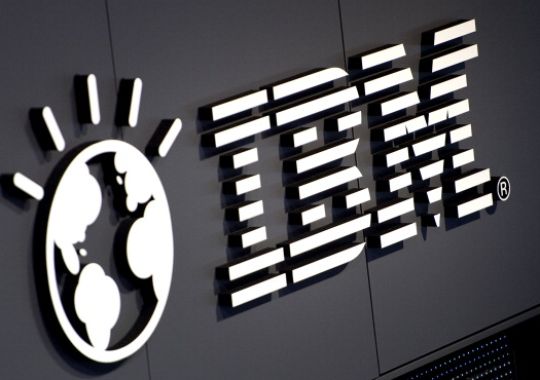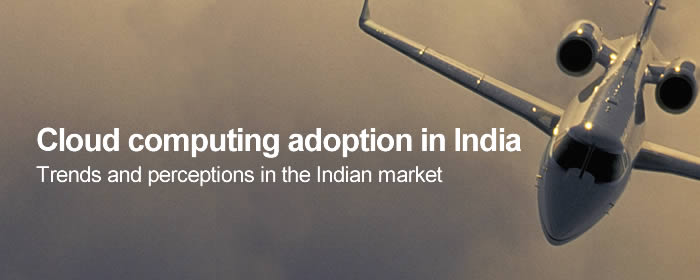Douglas Johnson | Cloud Computing
The growth of cloud computing has caused a paradigm shift in all sorts of business applications, but perhaps most notably in ERP software.
As noted in a previous article, cloud ERP is growing like wildfire as more and more businesses move to their ERP system to the cloud.

But as cloud ERP becomes more popular, misconceptions about it also spread and it becomes more difficult to separate fact from fiction. In an effort to do just so, here are the top 3 myths about cloud ERP:
Myth #1: Cloud ERP is the same as hosted ERP
This is somewhat analogous to saying that renting a house is the same as leasing a house, which obviously is false. There are numerous differences between cloud ERP and hosted ERP involving software maintenance, network traffic, security, and statelessness.
Hosted ERP requires users to install and maintain software; cloud ERP does not. This saves a ton of time and money for the client and makes the job of the IT department much easier.
Also, cloud-based ERP is designed to minimise the number of network communications, whereas hosted ERP is designed with the assumption that the client and server have a fast ethernet connection between them and therefore, there is a lot more data being transferred between the server and the client, which increases network traffic.
Unlike hosted ERP, in a cloud ERP system communications from the browser to the server are not trusted because the browser can be vulnerable to security breaches. That is why the server verifies all data before it is moved to the database, plus the transmission path is encrypted, which adds an extra layer of security.
Another advantage of cloud ERP software is its statelessness, which enables it to operate even when the internet connection temporarily goes out.
Myth #2: Cloud ERP software is cheap
While the cloud can save businesses money through reduced server expenses, economies of scale, and a smaller IT staff, it can actually raise costs in other areas like training & development, software configuration management, requirements analysis, and data migration.
Whether your company will benefit financially by utilising cloud ERP software really depends on your company’s specific circumstances.
As a general rule of thumb, SaaS ERP tends to be cheaper in the long run for smaller businesses that may not have the IT resources to manage and install applications, and it tends to be more costly in the long-term than on-premise ERP for mid-sized or large businesses that can afford the internal infrastructure necessary to maintain the system.
That’s because the recurring costs of SaaS ERP combined with the ongoing costs of internal IT resources will wind up costing far too much. So although hosted ERP (or on-premise ERP) costs more upfront, it will be less expensive than SaaS ERP in the long run for mid-sized or large companies.
Myth #3: Cloud ERP Solutions can not be customised
This will depend on whether the cloud application is single-tenant or multi-tenant. There are advantages and disadvantages to both but single-tenant cloud ERP software is very customizable; it can be scaled up or down as the client’s needs grow or shrink, users can be added or removed at any time, etc.
With a single-tenant ERP solution, you essentially have flexibility on demand.
The bottom line is, cloud computing will continue to grow and misconceptions about it will hopefully fade away as time goes on.












